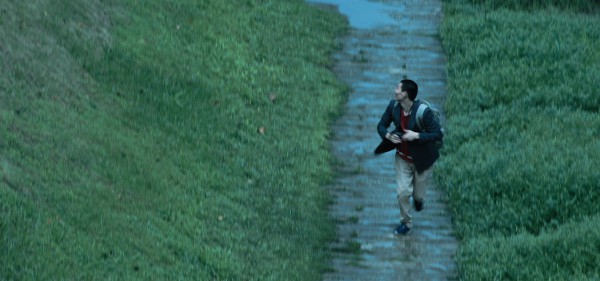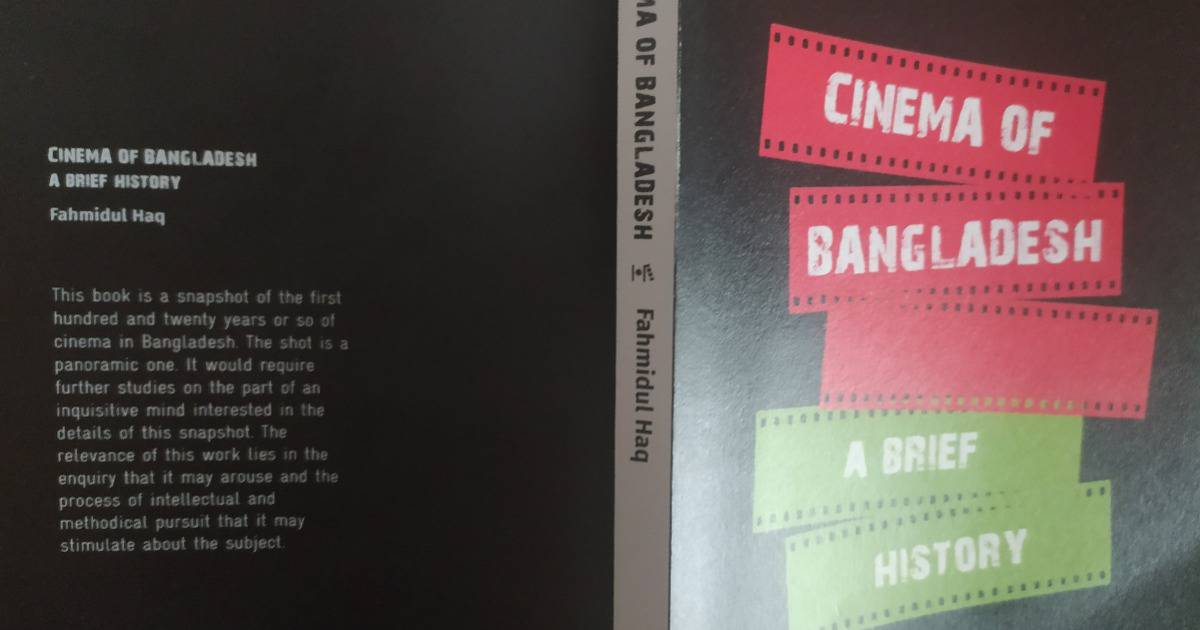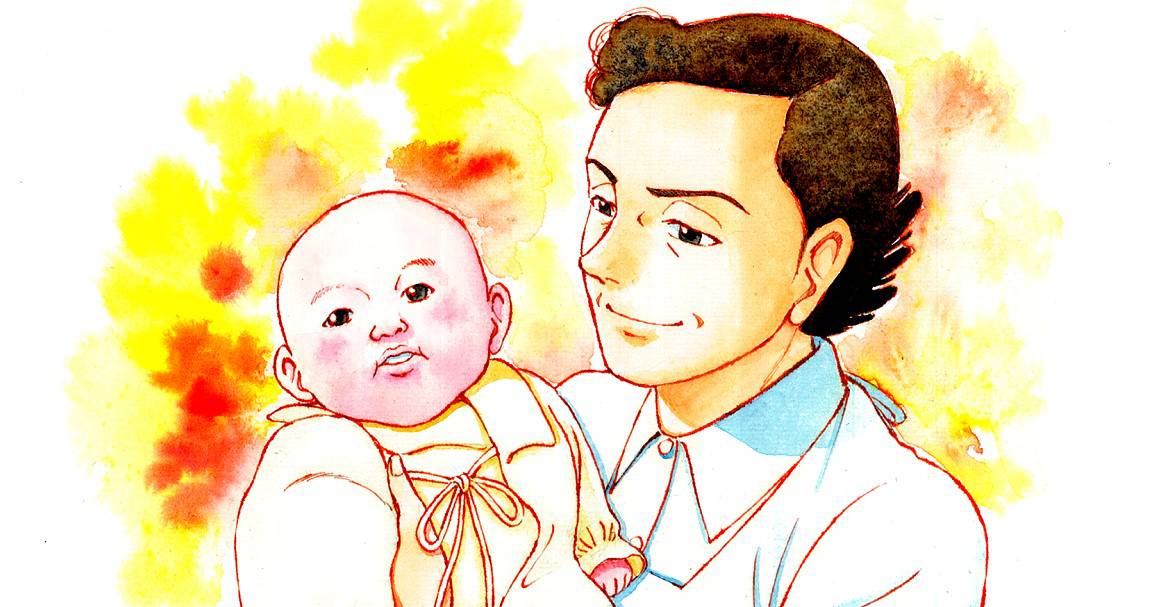Manting Hang is a student at the Hong Kong Baptist University. His short film “Lens” was screened in the special program “China New Talents” of the Interfilm International Short Film Festival from November 11 to December 13, 2020.
Although it is a feature film, formally it looks like a documentary at various points. The plot centers on a young man who is apparently unemployed. He spends a lot of time on the street, observing people wandering through the city. Quite unlike him, they seem happy. They take pictures of their surroundings and each other. They always pose with a smile.
However, the cameras with lenses are a favorite target of pickpockets. They skillfully twist off the lens and let it disappear in their pockets. The young man watches for a while how elaborate the network of thieves is who help each other steal. He tuns into some of them at the mass camp that serves as his accommodation. Apparently, there is relatively good money to be made from reselling the lenses, so the protagonist of the film also wants to try his hand at it.
The theft of a lens succeeds, but suddenly he is so fascinated by photography itself that he buys a camera with his little money. But the joy doesn’t last long, as his fellow pickpockets target him.
Without ever depicting overt violence, “Lens” is of a very brutal harshness. The happiness of the protagonist, who lives in desolate conditions, lasts only a tiny moment. By staging the moment of disappointment without words and with a certain distance, the film unfolds an all the more powerful effect. Completely lost, the young man appears on the street. People walk past him busily, no one is interested in him.
Manting Hang’s film portrays a selfish and unsolidary society. Here, the law of the strongest applies. A great loneliness radiates from the images of the film. The camera is alternately very close and then far away from the characters. “Lens” is composed of fast handheld camera shots and static pictures, which provide a varied dynamic. By reducing the means, many parts seem documentary and puristic.
“Lens” evokes a poetic mood, impresses with its straightforward narrative and the slight irony that is involved overall.















